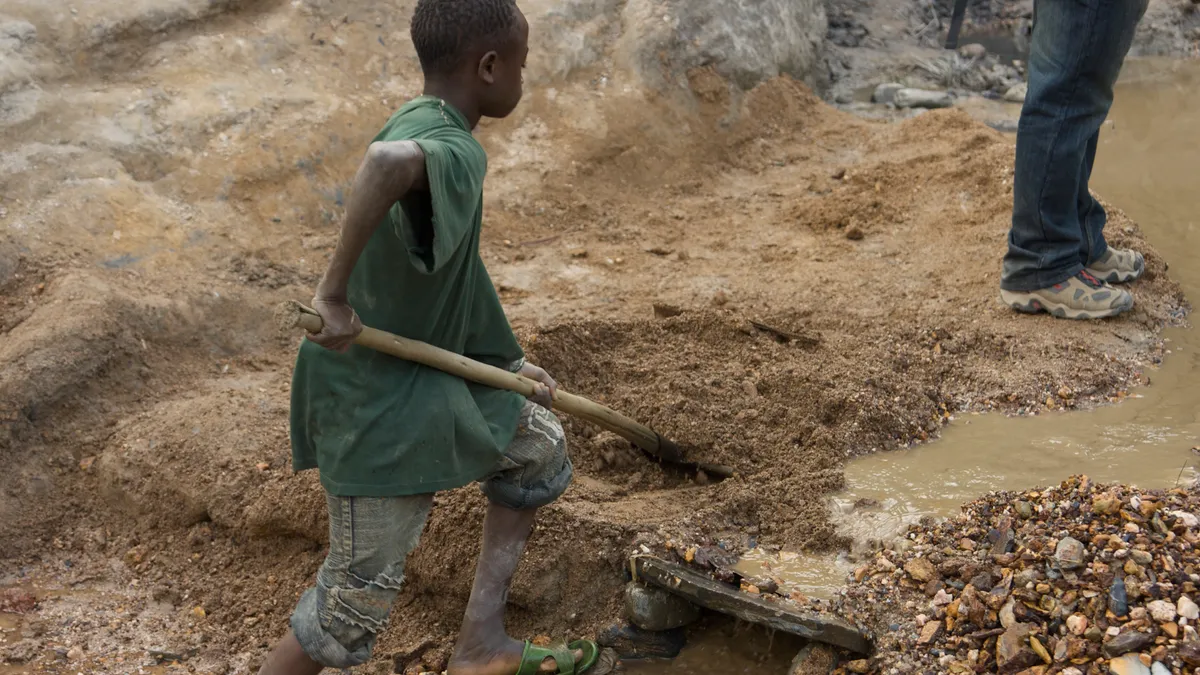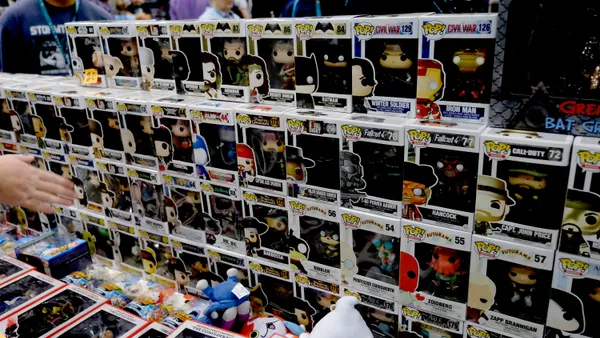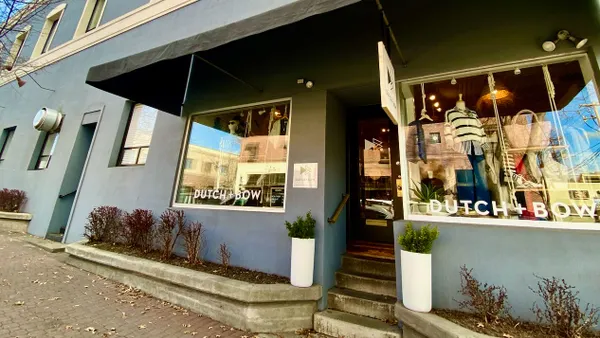Dive Brief:
- Customs and Border Protection (CBP) issued five Withhold Release Orders (WRO) this week covering products it believes to be made either in whole or in part with the use of forced labor, according to an agency press release.
- The orders cover clothing produced by Hetian Taida Apparel in Xinjiang, China; disposable rubber gloves produced in Malaysia by WRP Asia Pacific; gold mined in "artisanal small mines" (ASM) in eastern Democratic Republic of the Congo; rough diamonds from the Marange Diamond Fields in Zimbabwe; and Bone black (a fine charcoal powder) manufactured in Brazil by Bonechar Carvão Ativado Do Brasil.
- If imports are seized, importers can provide information to show the goods in question do not violate U.S. law, CBP said in its release.
Dive Insight:
Todd Owen, the executive assistant commissioner for CBP Office of Field Operations, said in a statement the agency encourages "the trade community to know their supply chains to ensure goods imported into our country are not produced with forced labor."
It is against the law to import goods into the U.S. that were made using forced labor. These WROs are based on information "obtained and reviewed by CBP" that shows forced labor was used in the production of the products, the agency explained.
It is not common for the CBP to release these notices. It has only put out one other this year for seafood, and it put out two last year — one for toys made by Huizhou Mink Industrial and another covering all cotton products from Turkmenistan. All of which remain active, according to CBP's website.
Many sellers in these industries are aware of the potential labor issues revolving around the products they sell and have taken steps to mitigate the issue.
Fine jewelry seller Tiffany, earlier this year, began including information on country or region of origin in some displays of engagement rings and other diamond jewelry. The jeweler tracks the diamonds throughout its supply chain using serial numbers etched into the diamonds using lasers.
Others are hoping blockchain could help to track products throughout their supply chains to ensure they come from a supplier that follows the necessary labor laws. Ford and IBM are testing this technology for tracking the cobalt, which has been tied to child labor in the Congo. Tiffany is also testing blockchain for its diamond supply.
CBP starts its investigations based on tips from various sources including press coverage, the public or the trade community. But it can start an investigation itself to look into "forced labor in any given supply chain," the agency said.
This story was first published in our weekly newsletter, Supply Chain Dive: Procurement. Sign up here.














